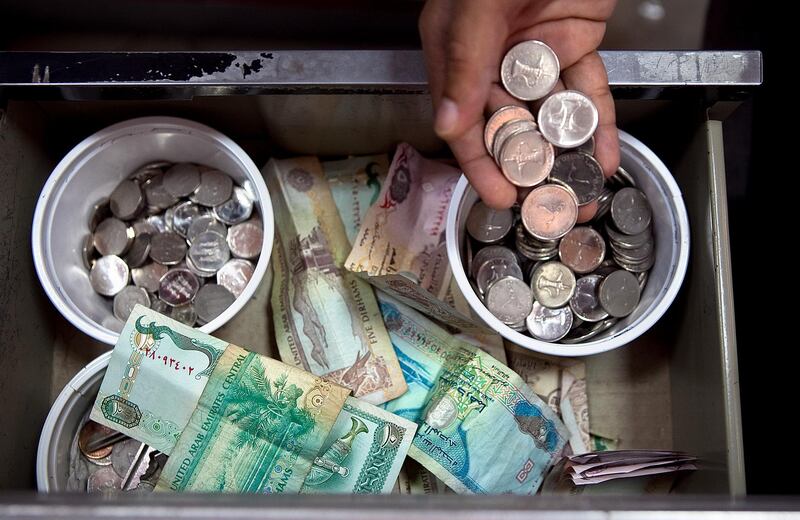More than half of UAE residents are happy with their economic situation and a third said they are always in control of their finances, according to a survey by YouGov.
"When looking at overall monetary well-being, more than half of the surveyed respondents across the UAE were happy with their current financial situation, with around 1 in 3 claiming to always feel in control of their finances," YouGov said.
Most residents appear to have adopted healthy financial practices. These included paying bills on time (75 per cent), making payments upfront (73 per cent), having a plan for future financial challenges (57 per cent) and avoiding using credit cards out of necessity (56 per cent), said the survey.
YouGov collected data from 1,098 people in the UAE between November 26 and December 4.
The UAE Banks' Federation launched a fully integrated handbook Financial Literacy for Individuals in May this year to help with financial planning.
Well over 80 per cent of residents said monitoring expenses, paying off credit cards on time and budgeting were the most important steps for a healthy financial life, said the survey.
When it came to budgeting, 85 per cent of residents considered themselves well-informed on financial preparation for the month. This knowledge is being put into practice with 81 per cent saying they were good at preparing budgets and 87 per cent monitoring their expenses regularly.
________
Read more:
Generation Start-up: An app that turns spare cash into big savings
[ UAE employees can expect a 4.8 per cent pay rise next year ]
_________
Those unable to stick to a budget said the main reasons include large unexpected expenses (49 per cent), an inability to track expenses regularly (38 per cent), underestimating expenses when budgeting (33 per cent) and overspending (31 per cent).
Residents surveyed said they put an average of 6 per cent of their earnings into retirement savings.
"Comparatively, insurance [excluding mandatory insurance] and investments emerged as the least important and least engaged in practices by respondents, with only close to half investing money (56 per cent), or buying insurance (51 per cent)," the report said.







